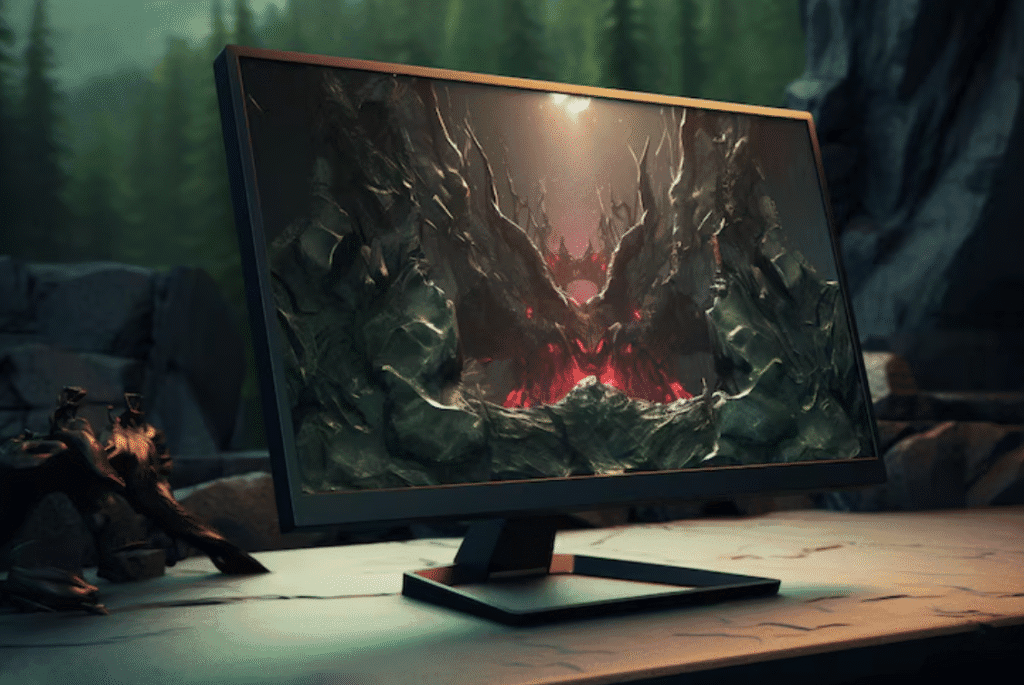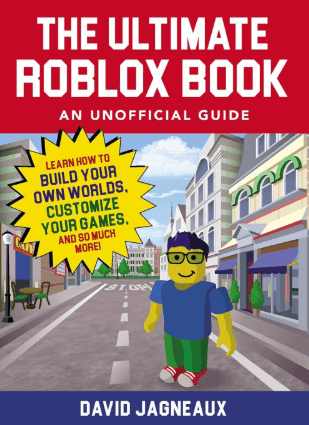Some games are fun. Some are beautiful. But a select few shape the entire gaming world. These are the PC games that changed everything—from how games are made to how we play, share, and experience them.
Here’s our list of the 10 most influential PC games of all time, chosen for their innovation, legacy, and impact.
1. Doom (1993)
Developer: id Software
Why it matters:
Doom didn’t just popularize the first-person shooter—it defined it. Fast-paced, gory, and moddable, it laid the groundwork for everything from Call of Duty to Fortnite. It also birthed a massive modding scene and multiplayer deathmatches.
🕹 Legacy: FPS genre pioneer, modding culture, LAN party icon.
2. Half-Life (1998)
Developer: Valve
Why it matters:
Half-Life redefined storytelling in games. Instead of cutscenes, it let players experience the story in real time. Its modding community spawned Counter-Strike, Team Fortress, and eventually led to Steam, the largest digital game platform on PC.
🧠 Legacy: Immersive narrative design, engine modding, launchpad for Valve’s empire.
3. The Sims (2000)
Developer: Maxis / EA
Why it matters:
A life simulator with no “win” condition? Unheard of—until The Sims. It opened gaming to casual audiences, especially women, and introduced players to a sandbox world powered by storytelling, self-expression, and bizarre household chaos.
🏡 Legacy: Mainstream appeal, user-generated content, simulation genre success.
4. World of Warcraft (2004)
Developer: Blizzard Entertainment
Why it matters:
WoW didn’t invent the MMORPG—but it perfected it. Millions logged in to live second lives in Azeroth, forming guilds, raiding dungeons, and creating entire social structures. It remains a gold standard in online world-building.
🌍 Legacy: MMO boom, online communities, subscription gaming models.
5. Minecraft (2011)
Developer: Mojang
Why it matters:
Minecraft is the best-selling game of all time—and possibly the most creatively empowering. Players can build anything, from fantasy kingdoms to functioning CPUs. It also became a tool for education, art, and digital citizenship.
🧱 Legacy: Sandbox creativity, education tools, streaming & YouTube empire.
6. StarCraft (1998)
Developer: Blizzard Entertainment
Why it matters:
StarCraft didn’t just popularize real-time strategy—it helped launch esports. Especially in South Korea, where it became a televised phenomenon, the game proved that competitive gaming could be a serious, global industry.
⚔️ Legacy: RTS excellence, esports foundation, cultural milestone.
7. League of Legends (2009)
Developer: Riot Games
Why it matters:
What began as a free-to-play mod-inspired game became a global phenomenon. LoL brought MOBA gameplay to the masses, revolutionized competitive gaming, and proved that free-to-play could still mean world-class production and revenue.
🏆 Legacy: MOBA dominance, esports industry explosion, free-to-play success.
8. Counter-Strike (1999 / 2000)
Developer: Minh Le & Jess Cliffe / Valve
Why it matters:
What started as a Half-Life mod became one of the most iconic team shooters ever. Counter-Strike introduced competitive, skill-based multiplayer that influenced every modern tactical shooter since.
🔫 Legacy: Competitive shooting, modding-to-mainstream path, esports legend.
9. Myst (1993)
Developer: Cyan
Why it matters:
Myst proved games could be quiet, beautiful, and cerebral. Its surreal puzzles and pre-rendered visuals captivated players—and helped legitimize video games as an art form in the eyes of the mainstream media.
🧩 Legacy: Atmospheric design, narrative puzzles, games as art.
10. Fortnite (2017) (on PC as well as other platforms)
Developer: Epic Games
Why it matters:
Though not PC-exclusive, Fortnite was a cultural tidal wave on PC. It blended free-to-play battle royale mechanics with live events, crossovers, and a creative sandbox. It redefined how we think about games as platforms for digital experiences.
🕺 Legacy: Cross-platform play, in-game concerts, creator economy in gaming.
Honorable Mentions
- Diablo II (2000) – Perfected loot systems and ARPG design
- Elder Scrolls V: Skyrim (2011) – Open-world freedom and modding mecca
- Quake (1996) – 3D FPS evolution and online play
- Among Us (2018) – Pandemic-era multiplayer hit driven by streaming
- Baldur’s Gate II (2000) – RPG depth and D&D storytelling




